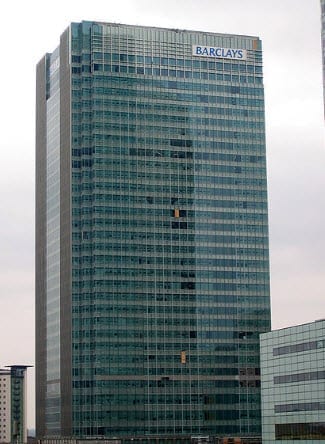 The mis-selling scam from the bank has experienced yet another massive charge.
The mis-selling scam from the bank has experienced yet another massive charge.
Barclays Bank PLC is making insurance news yet again with another massive mis-selling charge, adding to a long list of others that have been reported by Insurance News Report over the last few months.
The British bank is continually hounded by new discoveries of scandalous selling practices.
Authorities in the United Kingdom have been investigating the fundraising that the bank has received from Qatar during the worst of the crisis in 2008. The investigations have been ongoing since July, from which time the bank has made repeated insurance news headlines after having been linked with one scandal after the next. The latest examination is suggesting that Barclays may have loaned Qatar money in order to purchase the bank’s own shares.
Executives were unable to make any insurance news comments as the investigation is not yet complete.
The chairman at Barclays, David Walker, specifically told MPs that he would not be making any insurance news comments as a result of the investigations into the bank, after having been asked whether there is anything connected with the Qatar fundraising that could lead to future embarrassment.
Both Walker and Antony Jenkins, the chief executive, were both required to face intensive question periods during parliamentary inquiry banking standards sessions that lasted nearly two and a half hours. The accusations made by the MPs were that the bank had assisted in an “industrial-scale tax avoidance” and they stated that the board would need to be considerably changed. This included a demand for a new remuneration committee head.
According to the chairperson of the inquiry, Andrew Tyrie, “It doesn’t seem to matter what the scandal is, Barclays seems to have a finger in each pie, quite a big one.”
Previous insurance news had the bank setting aside an additional £1 billion (US$1.57 billion), which included compensation for customers worth £600 million for the payment protection insurance scandal. The mis-selling of that product, alone, has now racked in a cost for British banks that is estimated at over £12 billion, and may eventually reach twice that amount, say industry experts.

